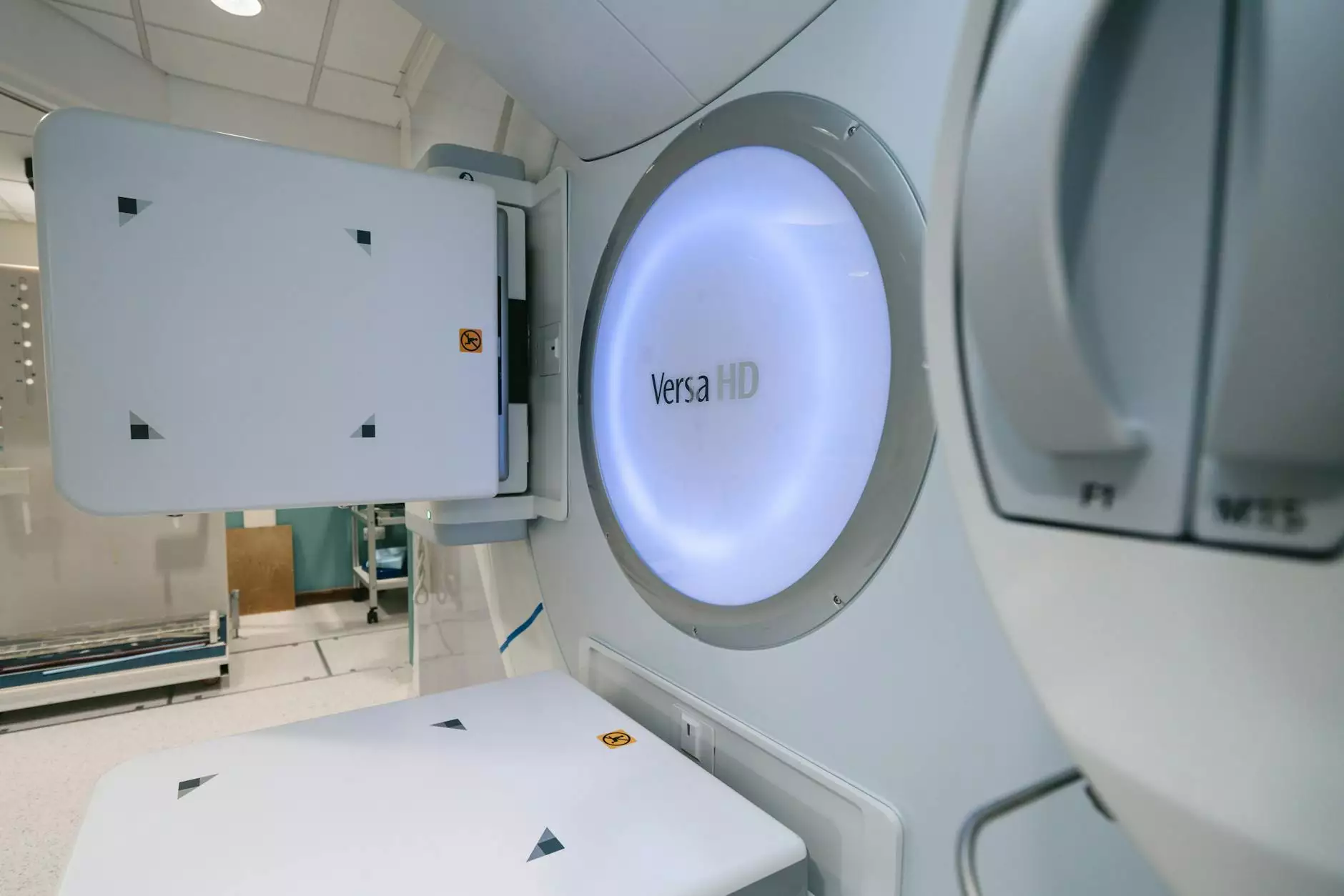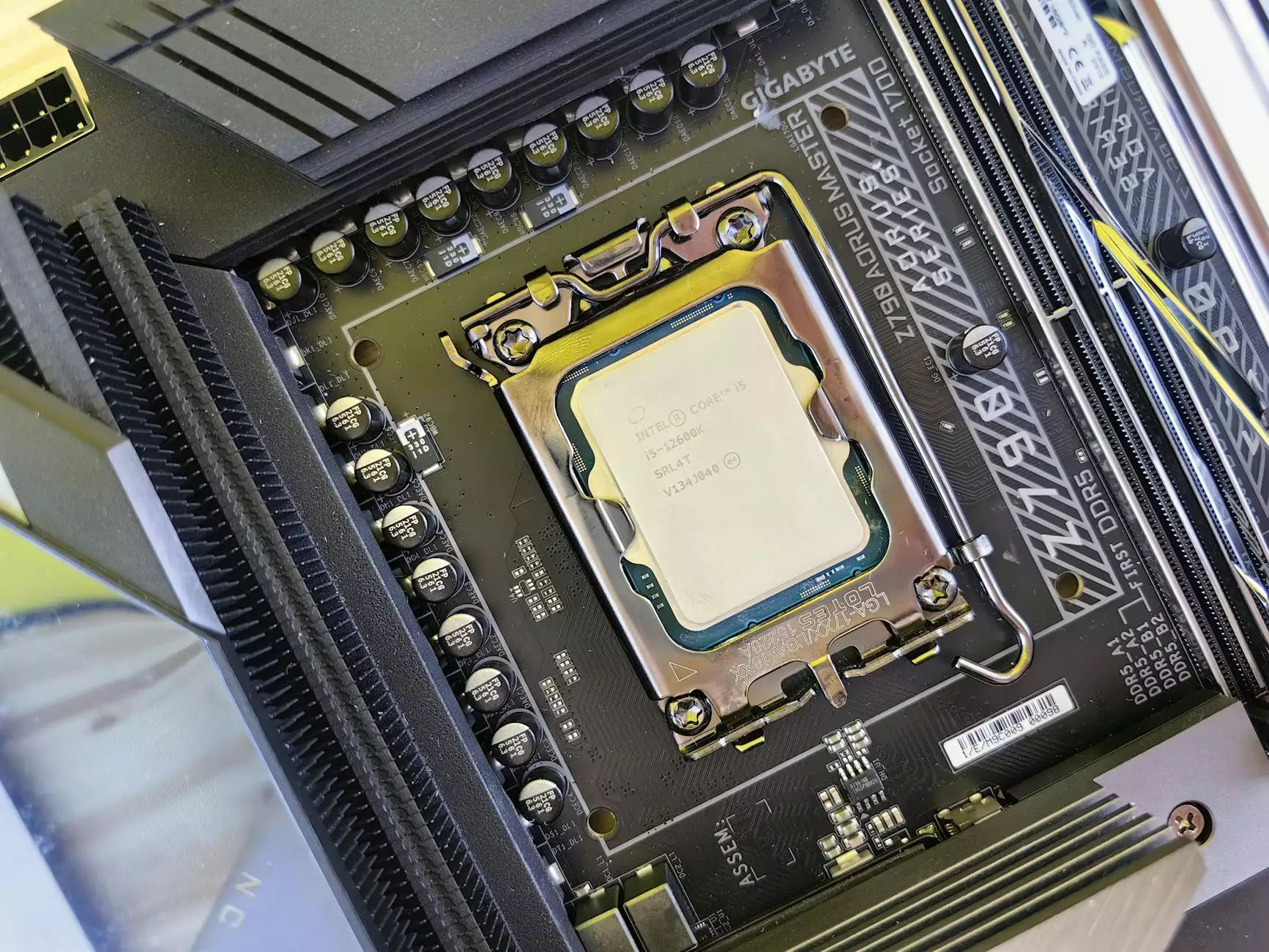Understanding Lung Cancer Treatment in Singapore

Lung cancer is one of the most prevalent types of cancer globally, and effective treatment is crucial for successful patient outcomes. In Singapore, where healthcare standards are among the highest in the world, the options available for lung cancer treatment are diverse and cutting-edge. This article delves into the intricacies of lung cancer treatment in Singapore, highlighting the latest advancements, patient support, and the vital role of physiotherapy.
The Landscape of Lung Cancer in Singapore
The incidence of lung cancer in Singapore has seen a rise over the years, making it essential for the healthcare system to provide effective treatment options. According to the Singapore Cancer Registry, lung cancer accounts for a significant percentage of cancer deaths among both men and women. The primary risk factors include:
- Smoking - The leading cause, responsible for a vast majority of lung cancer cases.
- Air Pollution - Exposure to environmental pollutants can increase risk.
- Genetic Predisposition - Family history of lung cancer may elevate risk levels.
Diagnosis of Lung Cancer
The journey toward lung cancer treatment in Singapore begins with accurate diagnosis. Various diagnostic tests are employed to confirm the presence of lung cancer and determine its stage:
- Imaging Tests - CT scans, MRIs, and X-rays help visualize abnormal growths.
- Biopsies - Tissue samples are taken to identify cancerous cells.
- Pulmonary Function Tests - Assess lung capacity and function.
Types of Lung Cancer Treatment Available in Singapore
Once diagnosed, patients can explore a spectrum of treatment options tailored to their specific needs:
Surgical Options
Surgery is often the first line of defense in treating lung cancer, particularly in early-stage cases. Types of surgical procedures include:
- Lobectomy - Removal of a lobe of the lung.
- Pneumonectomy - Complete removal of one lung.
- Segmentectomy or Wedge Resection - Removal of a small section of the lung.
Radiation Therapy
Radiation therapy uses high-energy particles to eliminate cancer cells. It may be employed as a standalone treatment or in conjunction with surgery and chemotherapy. Techniques include:
- External Beam Radiation Therapy - Targets the tumor from outside the body.
- Stereotactic Body Radiation Therapy (SBRT) - Delivers high doses of radiation to tumor sites with minimal impact on surrounding healthy tissue.
Chemotherapy
Chemotherapy employs drugs to kill cancer cells, particularly effective in targeting cancer that has spread. It can be administered orally or intravenously and is typically used in the following scenarios:
- As a primary treatment for advanced lung cancer.
- Post-surgery to eliminate remaining cancer cells.
- In combination with radiation therapy to increase effectiveness.
Targeted Therapy
Targeted therapy is designed to specifically attack cancer cells while sparing normal cells. This innovative approach utilizes drugs that target particular genes or proteins involved in the growth of cancer cells. Common drugs include:
- EGFR inhibitors - For non-small cell lung cancer (NSCLC) with specific mutations.
- ALK inhibitors - Target tumors with ALK gene rearrangements.
Immunotherapy
Immunotherapy is revolutionizing lung cancer treatment by harnessing the body’s immune system to fight cancer. It aims to activate the immune response against cancer cells. Notable immunotherapeutic agents include:
- Checkpoint Inhibitors - Help the immune system recognize and attack cancer cells.
- Cancer Vaccines - Stimulate the immune system to target specific cancer markers.
Complementary Therapies and Supportive Care
Beyond conventional treatments, supportive care plays a vital role in enhancing the overall well-being of lung cancer patients.
Physiotherapy in Lung Cancer Treatment
One aspect often overlooked is the role of physiotherapy in lung cancer treatment. Physiotherapists aid in:
- Improving lung function - Breathing exercises and techniques facilitate better lung capacity.
- Enhancing physical fitness - Tailored exercise programmes help maintain strength and stamina.
- Managing symptoms - Techniques to alleviate pain and fatigue.
Nutritional Support
Nutrition is crucial in supporting treatment efficacy. Professional dietitians can provide tailored dietary plans to strengthen immune function and maintain weight, which is particularly important for patients undergoing aggressive treatments.
Patient Support and Resources in Singapore
Singapore boasts a robust healthcare system that prioritizes patient support in every stage of lung cancer treatment. Various organizations and hospitals offer:
- Support Groups - Encourage patients to share experiences and strategies in a community setting.
- Counseling Services - Addressing the psychological impact of a lung cancer diagnosis.
- Financial Assistance Programs - Aid in managing the financial burden of treatment.
Conclusion
Navigating lung cancer treatment in Singapore involves understanding the comprehensive options available, from surgical interventions to support services. The integration of modern medicine with complementary therapies, particularly physiotherapy, underscores the holistic approach taken by Singaporean healthcare professionals. As patients and families seek effective treatment pathways, it is essential to stay informed about the latest advancements in lung cancer treatment in Singapore. With the right support and resources, patients can find hope and strength on their treatment journey.
Contact Us
For more information on lung cancer treatment in Singapore and personalized support, visit HelloPhysio.sg or reach out to our expert team today.
lung cancer treatment singapore








